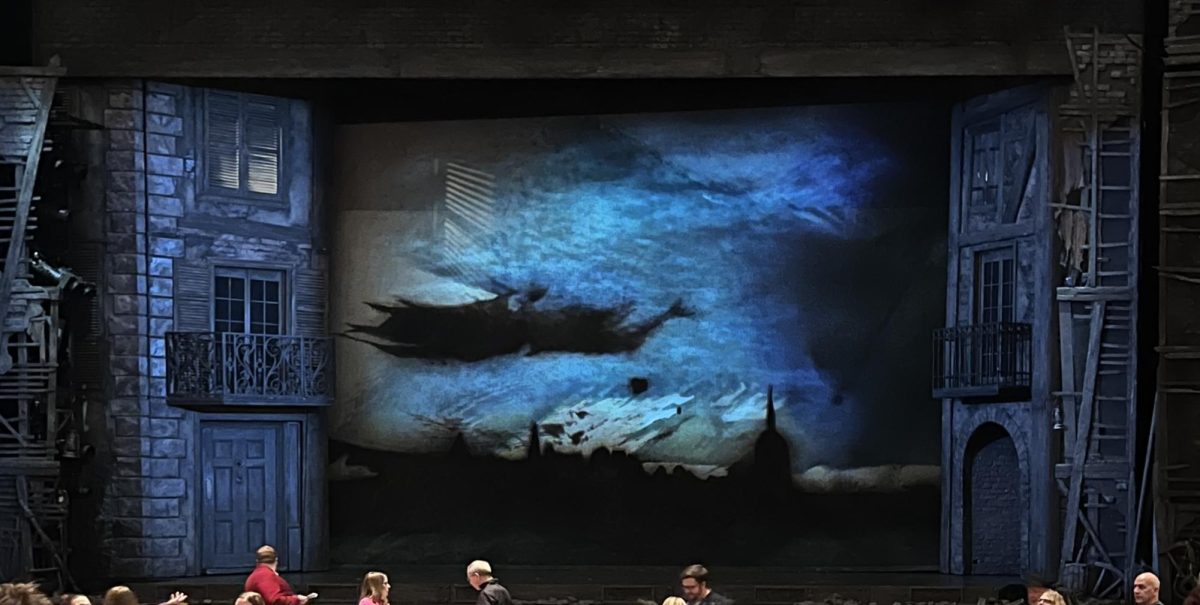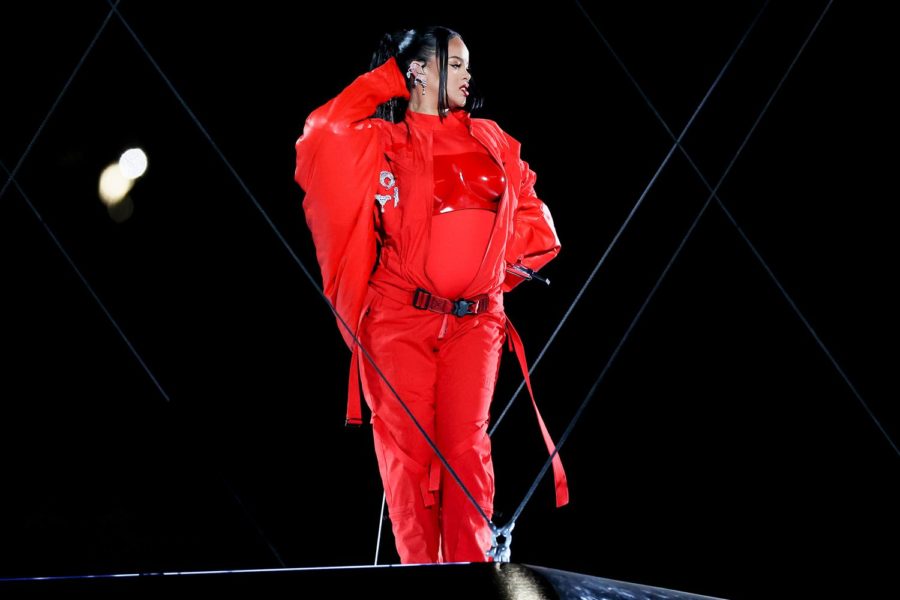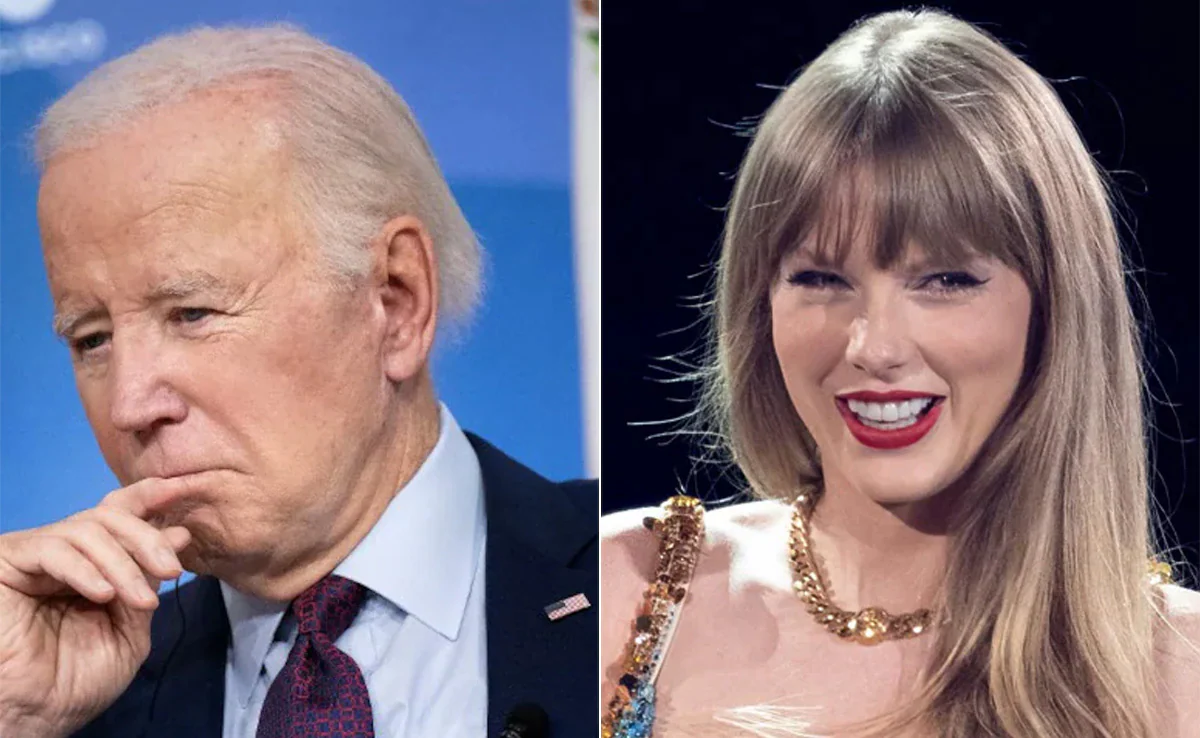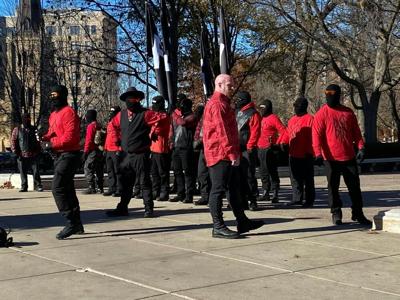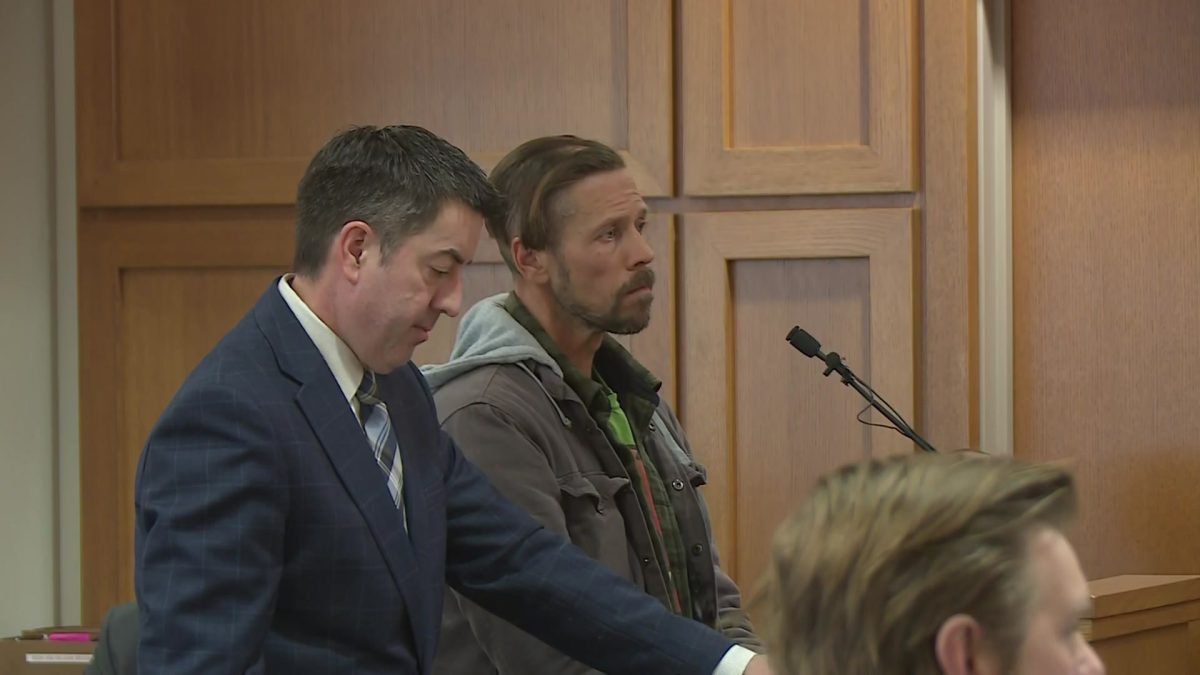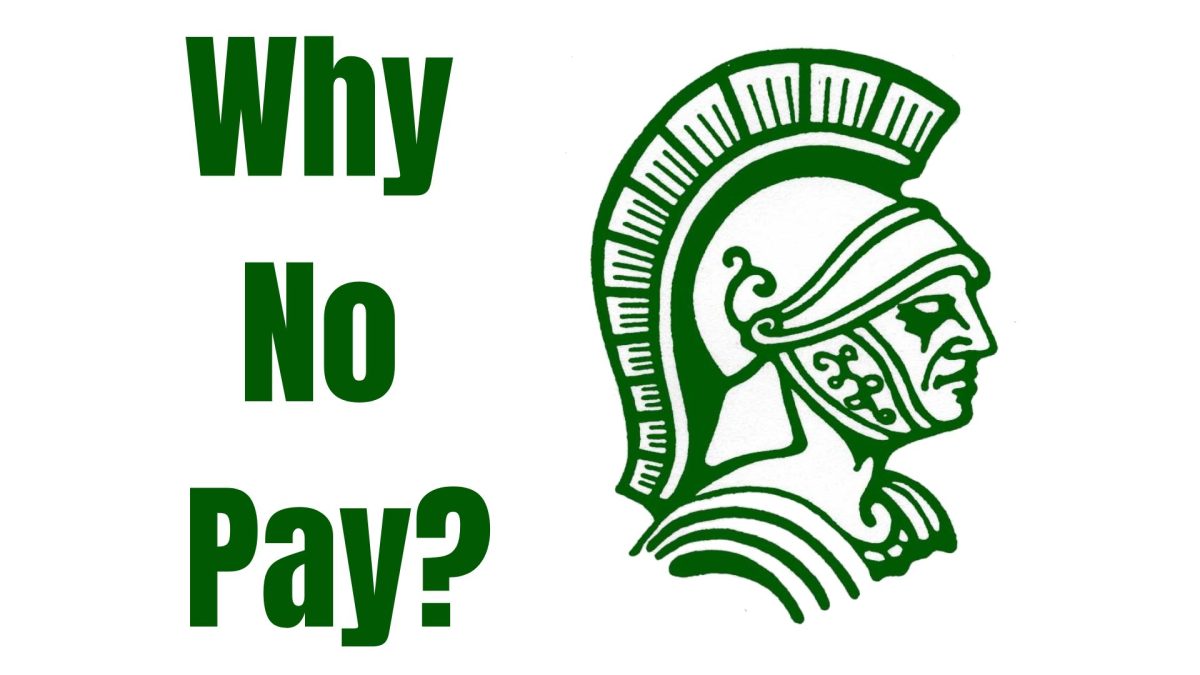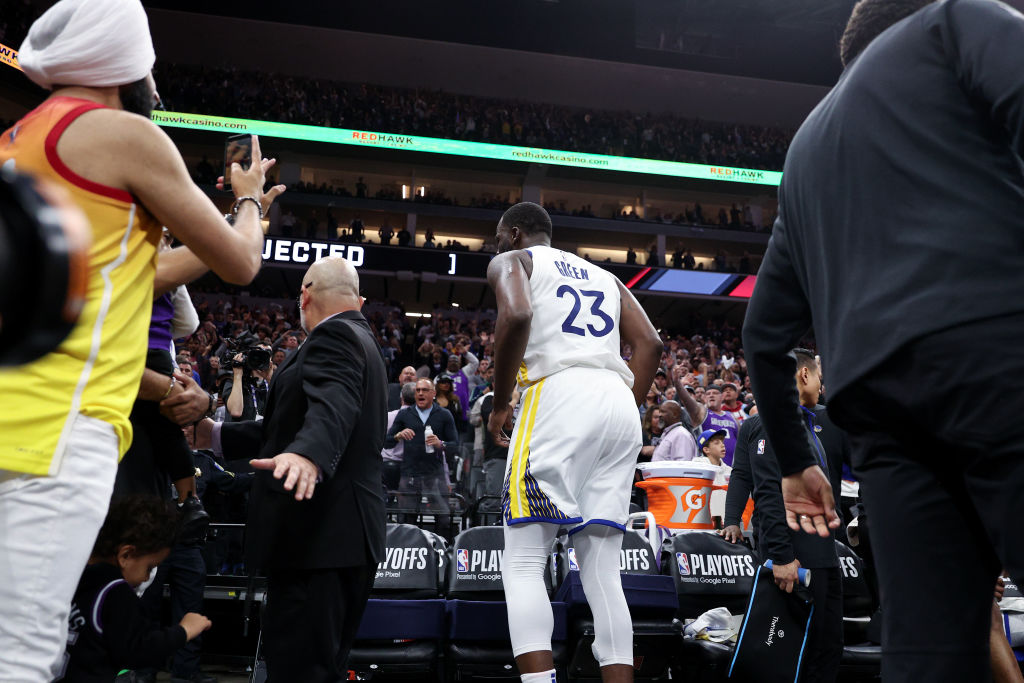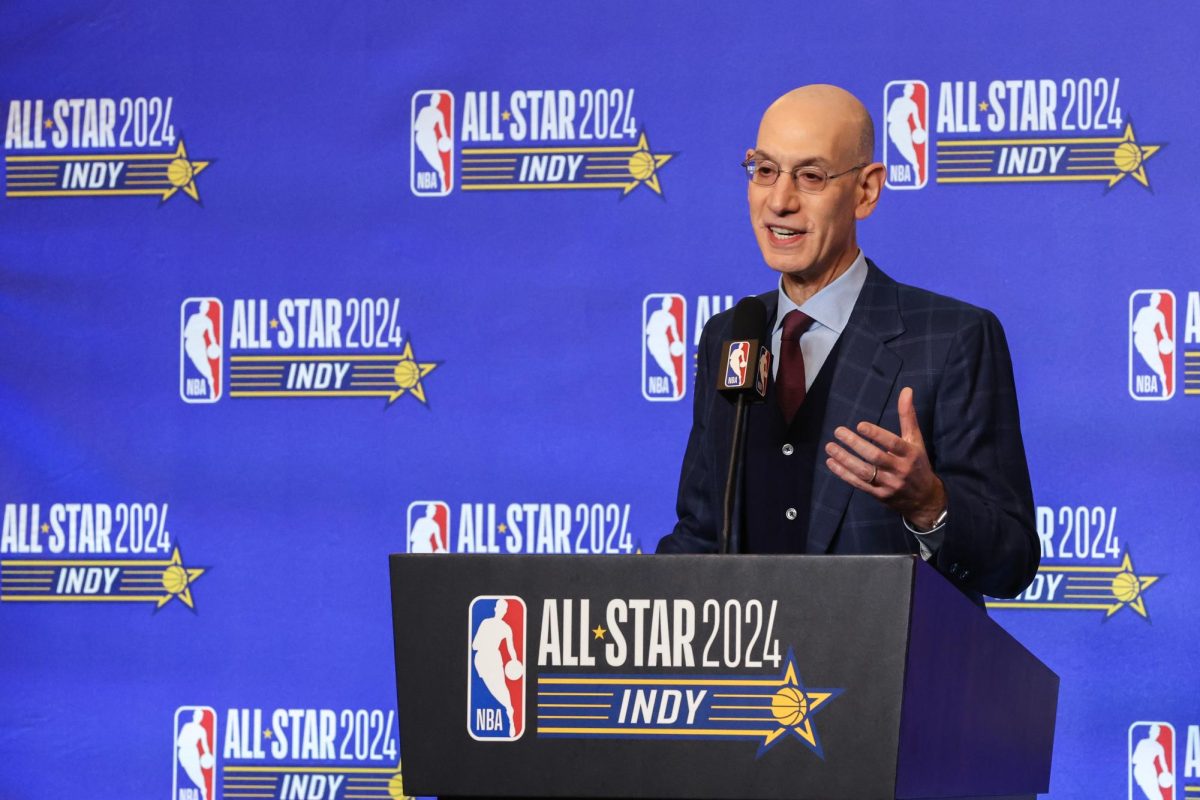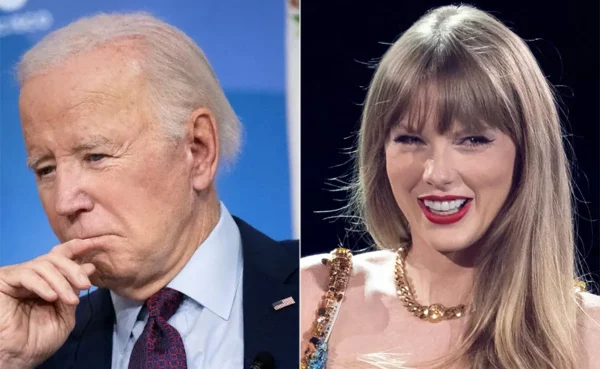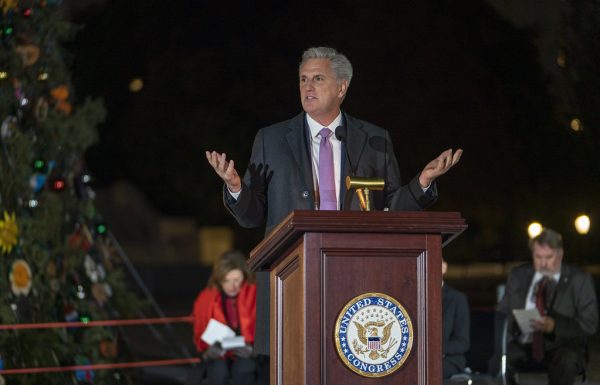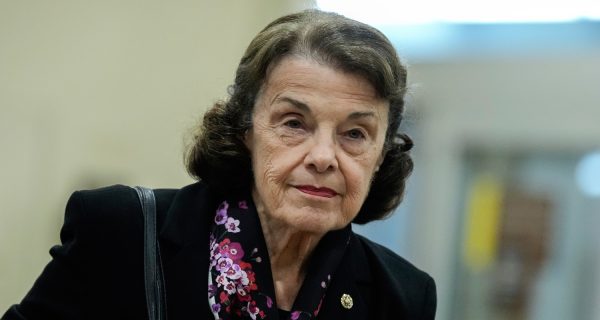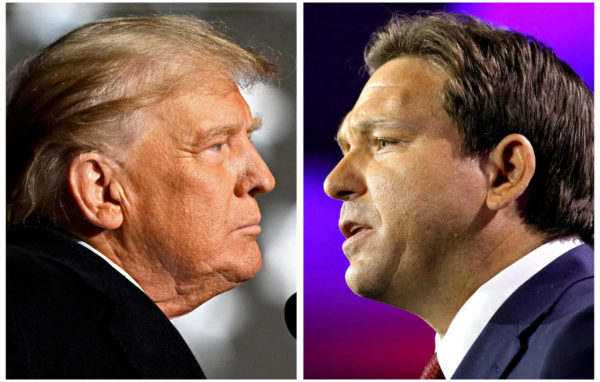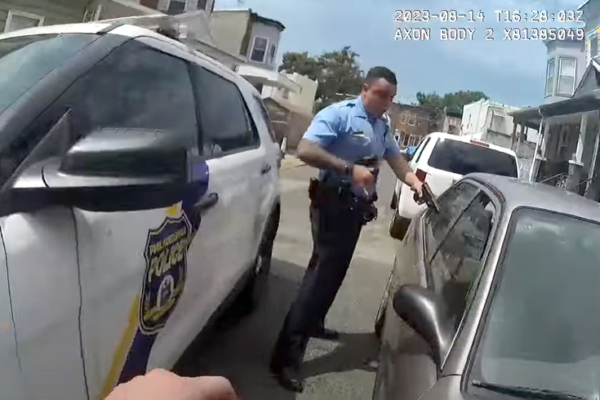Former President Trump Subpoenaed for January 6th Hearings
November 11, 2022
As part of the recent investigation into the events of the January 6th insurrection at the U.S. Capitol last year, former President Donald Trump was issued a subpoena by the House Committee on Friday, October 21, 2022. As part of the four-page document, Trump was also asked to provide other event records, including different documents, texts, emails, phone calls, and even encoded messages. This evidence spans from November 3, 2020, to January 6th of the following year, as a major part of the investigation is into Trump’s claims of a stolen election and attempts to invalidate the results. According to the panel, the request focused on information that former President Trump was “uniquely positioned to provide,” such as connections to militia groups involved in the riot, hiring pro-Trump electors, and attempts to disrupt the electoral vote counting.
Trump is not the first president to be subpoenaed and testified before Congress after leaving office either, with leaders such as John Quincy Adams and Gerald Ford doing the same. In 1953, President Truman refused the subpoena from the House Un-American Activities Committee, arguing that it contradicted the separation of powers, but decided to testify slightly later during his term in office.
The timing of this subpoena is also intriguing, especially considering the election on November 8, 2022, which could prove to present a major shakeup of the House. Since G.O.P. leaders initially opposed the creation of an investigation panel, protesting and denouncing the action, a Republican majority House after the election could allow the panel to dissolve without continuing proceedings. However, the timeline for this series of events is tight, as President Trump was requested to submit documents by November 4th, while testifying himself. With a deposition under oath, around November 14, 2022.
Fears that the former President could be uncooperative also arose considering Trump’s refusal to testify in either of his impeachment hearings. Vice-Chairwoman of the committee, Republican Liz Cheney from Wyoming, said that “It may take multiple days, and it will be done with a level of rigor and discipline and seriousness that it deserves,” refusing to allow Trump to turn the proceedings into a “circus.” There is a possibility that former President Trump refuses to testify at all, as Steve Bannon, a former White House aide, refused a subpoena earlier in the investigations, although he was sentenced to four months in jail.
In response to the subpoena, Trump and his lawyers have already put up some resistance, with lawyer David A. Warrington calling the request an “unprecedented action.” Trump also issued a letter directly attacking the committee, continuing to claim voter fraud as a cause for a “stolen election.” However, according to reports by those close to the former President, Trump is willing to speak with the House committee under the stipulation that he speak live. Based on initial reactions, this would be acceptable to the panel, as it could provide significant crucial information regarding the events surrounding January 6th. Trump is unlikely to testify though, because his lawyers are unlikely to allow him to speak, fearing perjury and possible self-incrimination. The former President has a record of similar mistakes, as he signed a document stating the truth of evidence under oath regarding his lawsuit in Georgia, which challenged the votes in the 2020 election, despite his legal team informing him that the information was, in fact, false. In addition to this, as seen by his letter, Trump could simply use this opportunity to continue spreading misinformation regarding the results of the 2020 election, rather than answering questions posed by the committee directly.
Currently, the January 6th Committee is attempting to collect all the evidence they can before speaking with Trump, having collected millions of pages of documents, interviewing over a thousand witnesses. The information gathered pointed towards an effort by former President Trump to overturn a lost election, even before the election even took place in 2020. Also looking at witness interference, with secret service members and potential witnesses in earlier testimonies, the House committee asked for communications with thirteen people specifically close to Trump surrounding election overturning events. These include Rudy Giuliani, Roger Stone Jr., Steve Bannon, and others. Bannon, an adviser for the Trump administration, and former trade advisor Peter Navarro, were indicted by the Justice Department. Bannon was given a fine of $6,500, along with four months in jail.
Trump is under investigation for other parties involving these events, including the Justice Department’s own, separate inquiry. In Georgia, Atlanta-area district attorney Fani Willis is heading an investigation into the former President’s attempts to overturn the election in Georgia.














